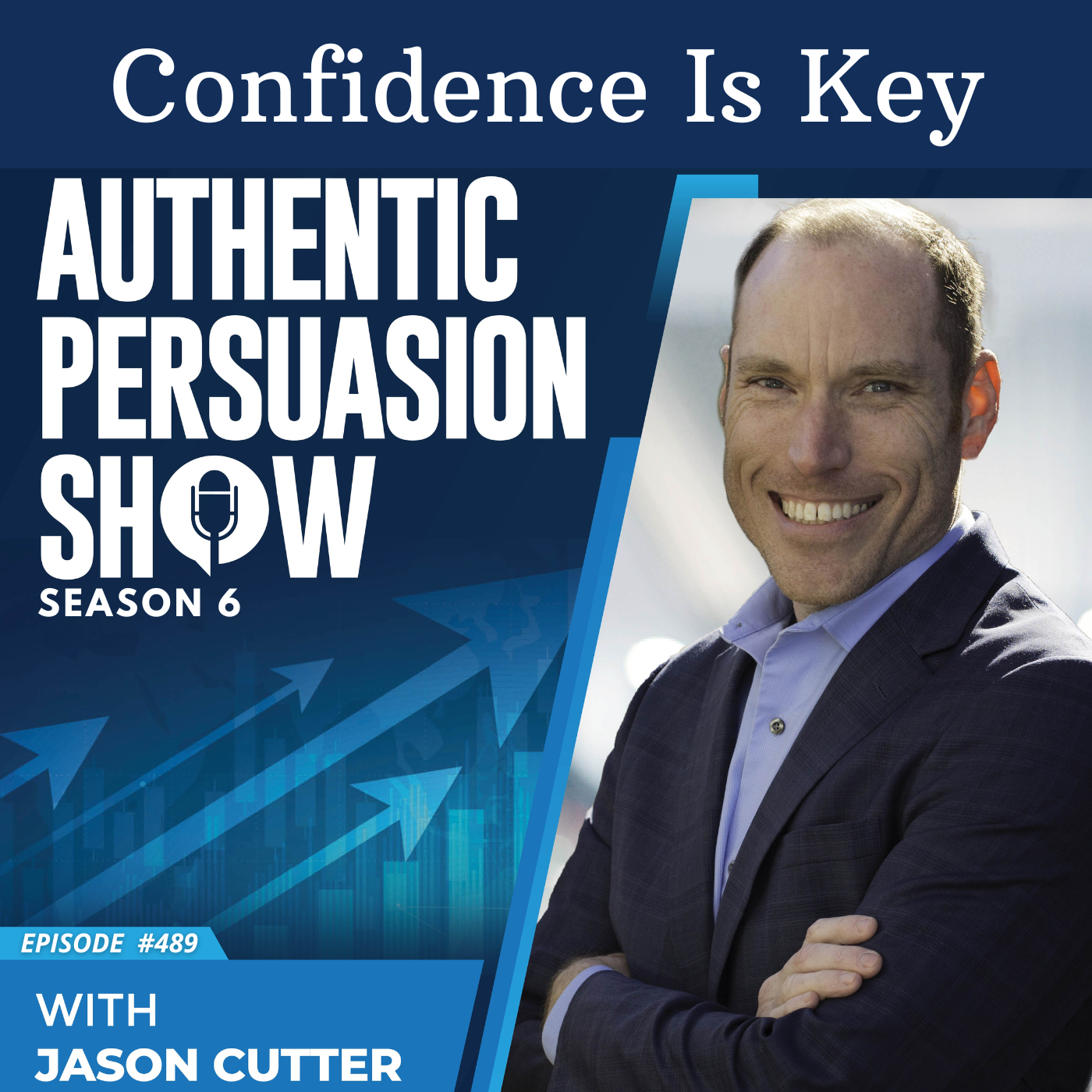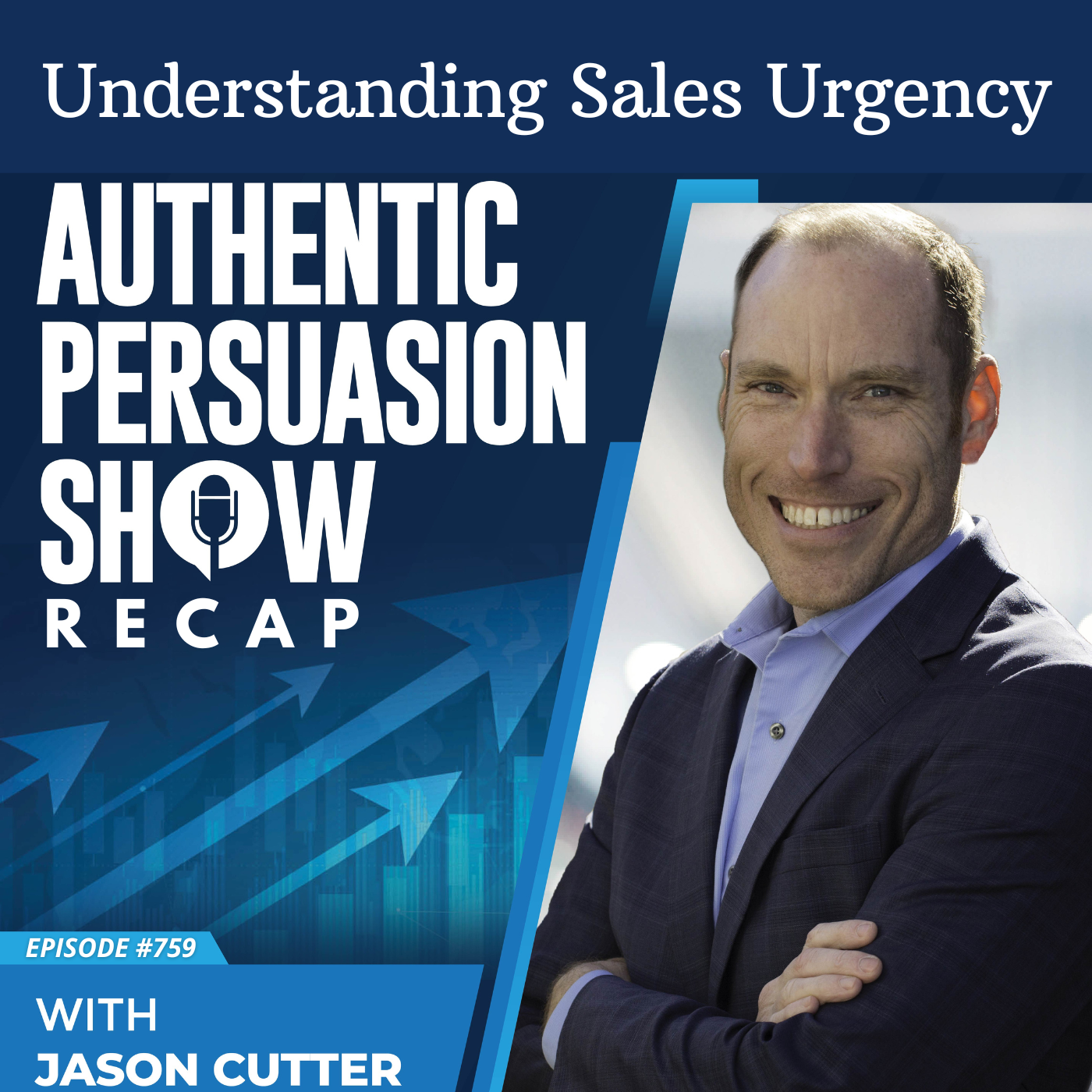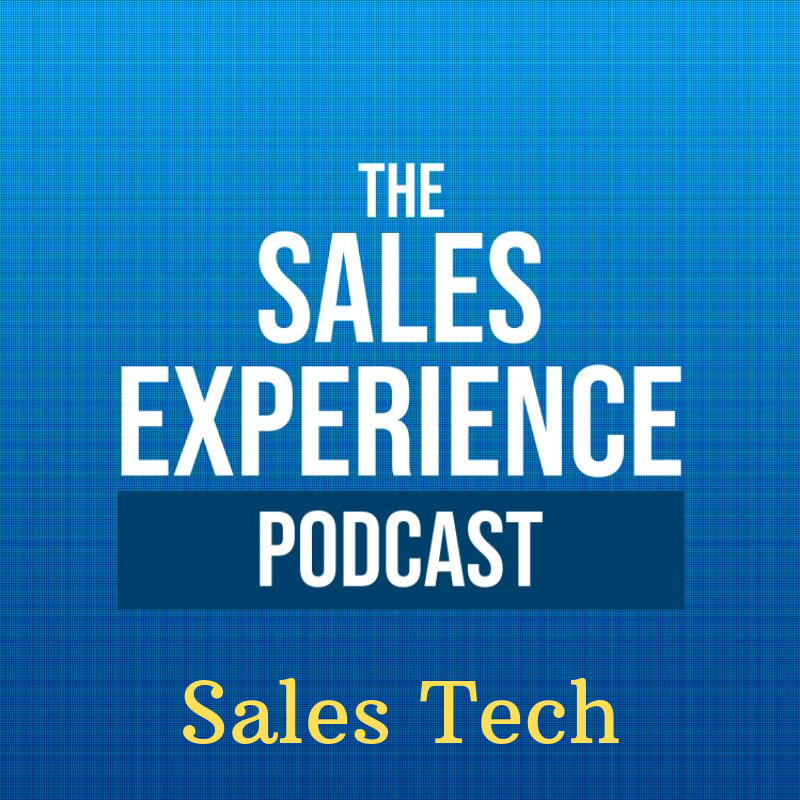Episode Transcript
Jason: What's going on. Welcome to the sales experience podcast on today's episode. My guest is Maya Connet. So Maya is a UCLA alumni who then went to work in marketing and communications for UCLA's professional MBA program. She's worked for the wall street journal in advertising sales, then moved to the San Francisco Bay area and did what a lot of people do.
If they're in sales, they go into B2B technology sales. So she got hired at Marketo where she has worked with brands like the LA Clippers, LA Kings, Galaxy, Rosewood hotels, zip recruiter. Then she went to sell for Oracle Marketing Cloud and is currently with Clary working as an enterprise sales director.
And so I'm excited to have this conversation with her to talk about things like sales and marketing. We're going to talk about revenue ops and that umbrella. And if you know me at all, you know that I see that as a struggle in a lot of organizations where it's sales versus marketing, and we're going to talk about how to make it actually together and everyone aligned.
We're also going to spend a bunch of time talking about diversity in sales, especially in how to empower and get more women into sales, especially as the current situation, the current climate with remote work, remote sales. And with the Corona virus going on, how the skills that women bring to the table match what customers are really wanting in this time.
And I firmly believe always wanting. So not just for people who are in sales that are women, but for men also great topic. Great conversation. Here we go. Let's dive into it right now. Hey, Maya. Welcome to the sales experience podcast.
Maya: Thanks so much for having me thrilled to be here.
Jason: So I am excited. I know there's a bunch of topics we're going to talk about because we already discussed what some of those are and I have some plans based on what you sent me.
One of the things that I appreciate and I'm excited that you're here is to represent the diversity that we also want to talk about as part of it, literally, I do my best to help. My show represents all different walks of life, all different kind of sales processes, not just b2b. It's not just software.
It's not just door to door. It's everything. And then also within that, try to bring in more diversity. So different people of different races, different genders, just like mixing it up. And so I'm excited because I know that's a super important, passionate thing for you, for sure.
Maya: Absolutely. Yeah.
And I think what's so interesting too, to me is that now in this kind of post COVID world is a really actually exciting opportunity for women in sales in particular. So thrilled to elaborate on that.
Jason: And it's funny because I had some ideas of what I want to talk about, not full interview mode, but make a progression to where we are, but let's just start with that because you were telling me before we hit record about kind of the research and the trends of things Women in sales are selling roles right now during COVID, after COVID, when the world changes, when it's a different kind of operation sales wise, how they are probably going to be more effective than ever before.
Maya: Harvard Business Review came out with an article at the very end of May, which is literally called why women are the future of B2B sales. And so much of it resonated with what I'm hearing from my peers, what I'm personally even experiencing.
And the biggest thing to remember, exactly the commission software did a. study where 86 percent of women achieved quota in B2B sales and only 78 percent of men did. So we have to remember that like women are top performers, but often they're either not given the opportunity, not seizing the opportunity, or they're putting hurdles in front of themselves that aren't really there. So one of the biggest ones is really travel. I think, and historically, even myself, when I was asked do I want to be a CRO someday, I said, actually, no, I want to be a VP of sales, but I don't necessarily want to be a CRO because it requires being on the road two weeks plus a month, and that's not the life I envisioned with a family and everything.
So now in this new era where I think it will continue to be more acceptable to not have to be in person for every meeting and zoom it in as much as we can. I think this is giving women more opportunity to really accelerate their kind of sales career trajectory based off of less travel.
Jason: So just for people listening, because I have a very diverse audience that is in tons of different industries.
CRO stands for what?
Maya: Chief Revenue Officer. Revenue can encapsulate sales often marketing, customer success, are the three kind of key buckets that often fall under that.
Jason: Got it. Which we'll talk about more, but I just wanted to clarify that because I know in every sales world there's acronyms for everything and everyone assumes that everybody knows.
So I think that's always important. Okay, so what Harvard did, their study, Women are generally more successful hitting their quotas in their sales careers. And then obviously the future of the opportunities for more diversity in sales roles, especially being remote, being not having to do the travel, not being required would facilitate even more diversity.
Maya: Absolutely. And like, when I just think about my own career, I think that was a big. reason why I haven't wanted to seize opportunities as well is because I wanted to not be on the road as much. So that's one of the big ones. And then another one is, I think, really, this collaborative nurturing education that is a result of this new thriving in a digital world that we're in is super crucial to one of the skill sets that a lot of women thrive in, right?
So they are a bit more empathetic typically. And with that, there's often. It's less pushy, less salesy and more really like I want to get to know you as a person and then as a buyer secondarily. And so that is a skill set that we all as sellers have to have right now. But I think women excel in this because This is the nurturing world that they're maybe more used to just innately.
Jason: One thing I've seen is that salespeople worry about only being able to win if they use manipulation tricks, tactics, and hard closes. So they end up struggling to close deals, make their quota. Or earn the kind of money that they want to make. If this sounds like your current situation, or maybe you want to make more money in sales without feeling like you're selling, then my upcoming book called Selling with Authentic Persuasion will help.
In it, I'm going to take you on a journey to transform from order taker to quota breaker. If you're ready to become an authentic persuader, crush your goals. And create success in your sales career, then go to jason cutter.com. Again, that's jason cutter.com and pre-order the book today. And what's interesting to me, because I look back at all the people I've managed, or all the people I've seen in different organizations that are sellers, salespeople, I think what you're talking about with the empathetic and the caring, and the really wanting to understand the other person so that you can then solve their problem or help them get to another place.
For me, what I've seen in the successful long term salespeople that I've ever met, whether they're male or female, they have those traits. Now, usually women come with that a little more, although I've seen some hardcore, non empathetic, shark killer female salespeople who are the classic slashing necks.
And cash and checks and they just don't care and they don't do very well long term. Just like anybody who tries that attitude. Like it doesn't work long term. They have to change companies. They have to change industries. They have to do something because they just it doesn't work. But yeah, I think that's the formula for anybody to be successful.
Anybody who knows me knows that's what I preach all the time.
Maya: Yeah. One of the things that I've always. Thought about when I'm starting a relationship with somebody in a sales, I want to help that person get their next job, be it at the same company or a promotion. What can I do to accelerate them in their career?
And that is all about getting to what drives them intrinsically. If you open the relationship with that in mind versus. Really driving towards the outcome of getting a deal done and it was nice knowing you'll see so much more success and then kind of future sales opportunities come out of that because they go to a new company they loved that you help them get an additional role and it's really that salesperson karma that comes back as well
Jason: and I have literally never heard that philosophy before.
That is truly fascinating. I'm a big firm believer in helping the customer, the client that whether it's an employee or it's an individual, it's a consumer, but helping them get what they need and understanding what it is, especially if you're selling, let's say marketing software to a CMO, right? A chief marketing officer.
It's about what wakes them up at two in the morning. What KPIs are they held to? I always tell the people I train. What is it that their boss could walk in at any moment and want to know about and that they may or may not have the answer to and they may or may not have the right answer to? And then how do you solve that?
Thinking about them and their shoes instead of, I have this new software and it's amazing because the brochure says it's amazing, but What does it actually do for that other person's life? And you're taking it to the next level, which is your current role is great. I will help you with that, but I want to turn you into a superstar with new skills so that whether it's this job or the next one, like you just have an amazing future and it's building a foundation to help you.
You're talking literally about transformation when you're selling.
Maya: Yeah, and this is happening to me right now. As we speak, I have two folks that I've sold to. Who are looking for their next opportunity and they reached out to me to help them with that. And I've helped facilitate introductions. And the best part is that they see me as this like consultative person who's going to help elevate their career.
And with that, then they're gonna carry our relationship into that next company and even beyond. So two people like today that I actually am working with. So it's real. It works.
Jason: And to me, what it comes down to, it's a two part combination. One is coming from a place of abundance and understanding that there's enough deals out there.
There's enough people out there. There's enough companies out there. If you're selling the companies. And then also the second one is playing the long game. So it's not about, I need to close a deal this week. I need to make my numbers. I got to. Have a good quarter or else it's about, okay, if I'm in this longterm and I want to be a professional, whether it's at this company or somewhere else, like just treating everyone like it's longterm.
Yeah.
Maya: And that's why we at my company and then at actually the last. A couple companies I've been at, we've done a really good job of fostering community and the way you foster that community is again, helping people get future opportunities. It's not just about the now, it's like, how can we help you in two, three, four years?
One of the questions that I love asking early in a sales cycle when you're first meeting someone, and this can really tell you a lot about what drives them personally, but also professionally is what's the most exciting project for you in the next six to 18 months and exciting gets them to open up in a way that's like.
Positive. And I say usually at the end of that statement, I say, and it doesn't have to be, part of your current responsibility, it might be something outside of their what's their role and responsibilities on paper, but it's something else they can be doing to make an impact at their company. Or maybe sometimes they pivot and they say, I'm starting a family or I'm looking at going out on my own and opening a consultancy.
And so that gets people like really talking in a way that is getting at that. Yeah. Internal drive
Jason: and you're doing it with a purpose in mind to write because there's a fine line and I know this is something we want to talk about as well between just building rapport, having conversations, getting to know the other person, ending up being facebook friends or linkedin friends and having a good person that you now like and you're going to talk to as something that goes nowhere.
Because the salesperson isn't strong enough to then use that in moving forward to solving problems and making sales when appropriate versus using that as that stepping stone. And that's the thing, when you're asking your question, it's not just, Hey, I'm just curious and I'm writing my own book and I just want to know, and this is a complete distraction from the sales process, but for you, it's intentional.
Maya: Yeah. And sometimes I take notes on people, like literally what wine club they're in, or if they tell me something that's Personal or like what age their kid is starting a new preschool. Like I write those things down because then I weave them into conversations later on. And the amount of, wow, I can't believe you remembered that I get, is just.
astounding because again, you're really taking stock of who they are as a person, not just a professional, because at the end of the day, nobody likes getting sold to, right? Like they like this collaborative partnership that results in a mutually beneficial outcome for both.
Jason: All right. That's it for part one of my four part mini series conversation with the amazing Maya Conant.
You can go to cutterconsultinggroup. com slash podcast. You can find the show notes as well as all of her links to the different resources she has. And please make sure to subscribe so you can catch all of these episodes and any future ones. And as always, keep in mind that everything in life is sales and people remember the experience you gave them.
![[E246] Directing Revenue, with Maya Connet (Part 1)](https://episodes.castos.com/salesexperiencepodcast/images/TSEP-Maya-Connet-Cover.png)


